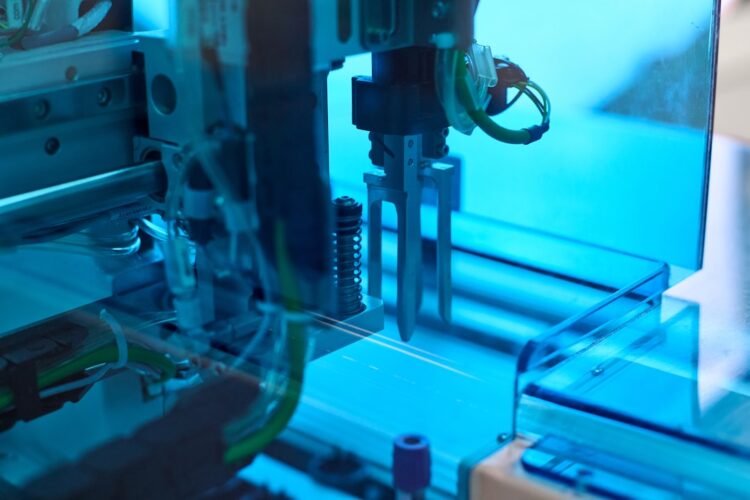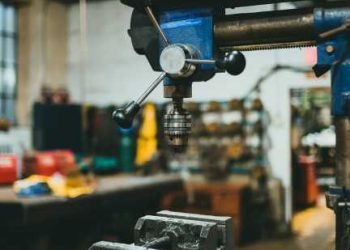In today’s competitive business environment, manufacturing companies constantly strive to improve their operating efficiency while maintaining the highest quality production standards. Lean Manufacturing is one of the most effective methodologies that enable companies to achieve these objectives. This methodology is a set of principles that focus on identifying and eliminating non-value-added activities in the manufacturing process.
Lean Manufacturing is based on the concept of continuous improvement, waste reduction, and maximizing efficiency to enhance productivity. By implementing lean manufacturing principles, companies can significantly reduce their operational costs, improve quality, and increase overall customer satisfaction levels. In this article, we discuss the importance of Lean Manufacturing in boosting efficiency across different manufacturing processes.
One of the most significant advantages of Lean Manufacturing is its ability to streamline the manufacturing process by eliminating waste. This methodology identifies and eradicates activities that consume resources with no added value to the manufacturing process, such as overproduction, defective products or transportation delays. By eliminating these wastes, the manufacturing process can be optimized to improve efficiency, reduce defects, and increase overall quality standards.
Another advantage of Lean Manufacturing is that it enhances workforce productivity. This methodology promotes teamwork, encourages employee engagement, and empowers workers to take responsibility for their work processes. By fostering a culture of continuous improvement and empowering workers, employees can identify inefficiencies in their work processes and take action to resolve issues in real-time, leading to improved productivity and efficiency.
Additionally, Lean Manufacturing helps companies to reduce inventory costs. By incorporating lean principles such as just-in-time inventory management, companies can ensure that they only produce what is needed, thus reducing the amount of inventory that needs to be stored. This approach helps companies to reduce their inventory costs and eliminate the risk of holding excess inventory, which can be a significant financial burden on any company.
Lean Manufacturing is also instrumental in promoting quality improvement in manufacturing. By reducing the number of defects early in the production cycle, manufacturers can minimize the risk of costly product recalls, improve customer satisfaction, and promote brand loyalty. This methodology emphasizes the importance of continuous improvement, which involves identifying and resolving the root cause of defects, leading to a reduction in rework and material waste.
In conclusion, Lean Manufacturing is essential in boosting manufacturing efficiency across various operations. The methodology emphasizes continuous improvement, waste reduction, and the optimization of manufacturing processes to achieve the maximum level of efficiency. Companies that adopt lean manufacturing principles reap significant advantages such as reduced operational costs, enhanced workforce productivity, improved quality, and customer satisfaction. Lean Manufacturing is a proven methodology that can be implemented in any manufacturing environment to achieve success in today’s competitive business landscape.












